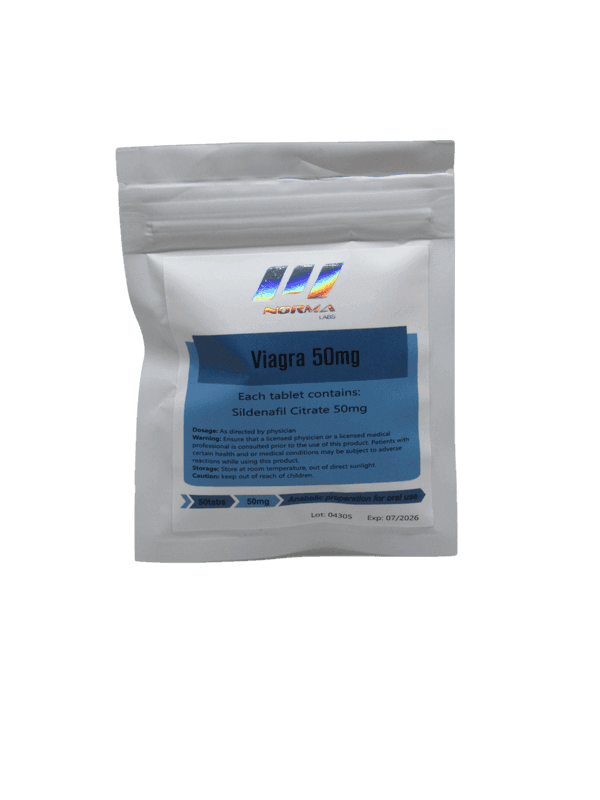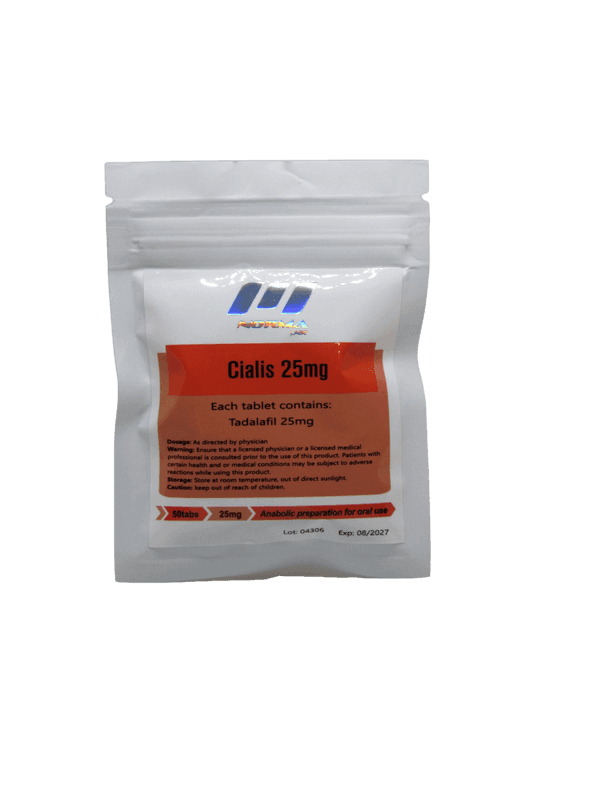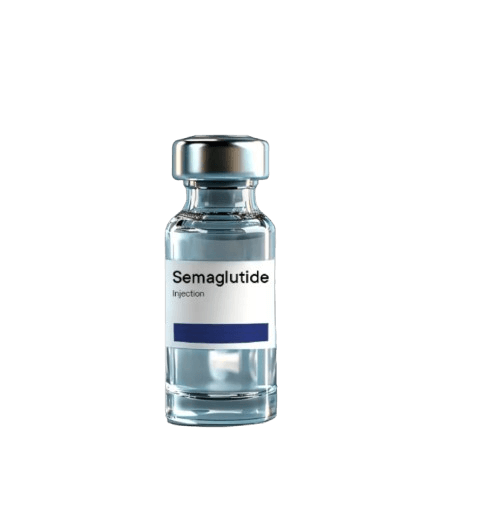[vc_row][vc_column][vc_column_text css=””]
Sleep and Recovery: Optimizing Rest for Peak Athletic Performance
You’re an athlete striving for peak performance, but have you considered how crucial sleep is in your recovery process? Sleep isn’t just downtime; it’s when your body repairs and strengthens itself, preparing you for the challenges ahead. By optimizing your sleep, you’re setting the stage for faster recovery, sharper focus, and reduced injury risk. Curious about how you can leverage sleep to boost your athletic longevity and performance?
Understanding the Role of Sleep in Athletic Performance

Although often overlooked, sleep is a fundamental component of athletic performance. It’s not just about practice and diet; getting enough rest is crucial for maximizing your potential.
During sleep, your body heals and repairs muscle tissues, helping to reduce the risk of injuries and improve strength. When you’re well-rested, you’ll notice enhanced reaction times, better decision-making, and increased stamina, essential for any athlete.
Skipping on sleep can lead to fatigue, slower recovery, and impaired focus, which can all hinder your performance.
To truly excel, prioritize a consistent sleep schedule. Aim for seven to nine hours of quality rest each night. By doing so, you’re giving your body the best chance to recover and perform at its peak during training and competition.
The Science Behind Sleep Cycles and Recovery

When you sleep, your body cycles through different stages that play a vital role in recovery and athletic performance.
These stages include light sleep, deep sleep, and REM (Rapid Eye Movement) sleep. Each stage has its unique benefits.
Light sleep helps with memory consolidation and mood regulation.
During deep sleep, your body repairs tissues, builds muscle, and strengthens the immune system, which is crucial for athletes.
REM sleep, often associated with dreaming, plays a key role in cognitive function and emotional resilience.
Effective Recovery Techniques for Athletes

To elevate your athletic performance, integrating effective recovery techniques is crucial. After intense workouts, your body needs time to repair and strengthen.
Start by incorporating active recovery, like light jogging or yoga, which helps in reducing muscle soreness and enhancing blood circulation.
Don’t underestimate the power of hydration; replenishing fluids aids in muscle function and recovery.
Implement foam rolling to target tight muscles and increase flexibility.
Nutrition also plays a vital role—consume protein-rich foods post-exercise to aid in muscle repair.
Additionally, consider massage therapy to relieve tension and promote relaxation.
Lastly, practice mindfulness or meditation to reduce stress and improve mental focus.
These techniques collectively contribute to faster recovery, allowing you to push your limits in subsequent sessions.
Strategies to Improve Sleep Quality for Athletes
For athletes seeking peak performance, optimizing sleep quality is essential. Start by establishing a consistent sleep schedule, going to bed and waking up at the same times daily. Your body thrives on routine, and this consistency will regulate your internal clock.
Create a relaxing pre-sleep routine—dim the lights, put away electronic devices, and engage in calming activities like reading or gentle stretching.
Ensure your sleeping environment is conducive to rest. Keep your bedroom cool, dark, and quiet. Invest in a comfortable mattress and pillows to support restful sleep.
Be mindful of your nutrition; avoid caffeine and large meals before bedtime. Finally, manage stress through mindfulness or meditation.
Prioritizing these strategies can significantly enhance your sleep quality and, consequently, your athletic performance.
The Impact of Sleep on Injury Prevention and Longevity

Although often overlooked, the quality of your sleep directly influences injury prevention and overall longevity in athletes. When you don’t get enough rest, your body struggles to repair tissues and rebuild muscles, making you more susceptible to injuries.
Consistent, high-quality sleep helps you maintain balance, coordination, and reaction time, reducing the risk of sprains and strains. Inadequate sleep can also weaken your immune system, prolonging recovery from injuries.
To enhance your athletic longevity, prioritize sleep as an essential part of your training regimen. Aim for 7-9 hours of sleep per night to allow your body to heal and rejuvenate.
Establishing a regular sleep schedule and creating an optimal sleep environment can significantly impact your performance and keep you in top shape longer.
Frequently Asked Questions
How Does Travel Across Time Zones Affect Athletic Sleep and Recovery?
Traveling across time zones disrupts your circadian rhythm, making it harder to fall asleep and recover. You might feel fatigued, which affects performance. Adjust your schedule gradually and use light exposure to reset your internal clock.
Can Diet Influence Sleep Patterns in Athletes?
Yes, your diet can definitely influence sleep patterns. Consuming caffeine, alcohol, or heavy meals close to bedtime can disrupt sleep. Eating a balanced diet with nutrients like magnesium and tryptophan can promote better sleep quality and recovery.
What Role Does Technology Play in Tracking Sleep Quality for Athletes?
You’ll find technology essential for monitoring sleep quality. Devices track sleep stages, duration, and disturbances, providing valuable insights. By analyzing this data, you can adjust routines, improving rest and ultimately enhancing your athletic performance.
How Do Pre-Sleep Routines Impact Athletic Performance?
Your pre-sleep routine directly affects how well you perform athletically. By creating consistent habits like stretching or meditation, you can enhance sleep quality, which boosts energy and recovery, ultimately improving your performance in training and competitions.
Are There Specific Sleep Disorders More Common Among Athletes?
Yes, athletes often experience insomnia and sleep apnea more frequently. You’re pushing your body to its limits, and this can lead to disruptions. Recognizing these issues early helps you manage them and maintain peak performance.[/vc_column_text][/vc_column][/vc_row]













